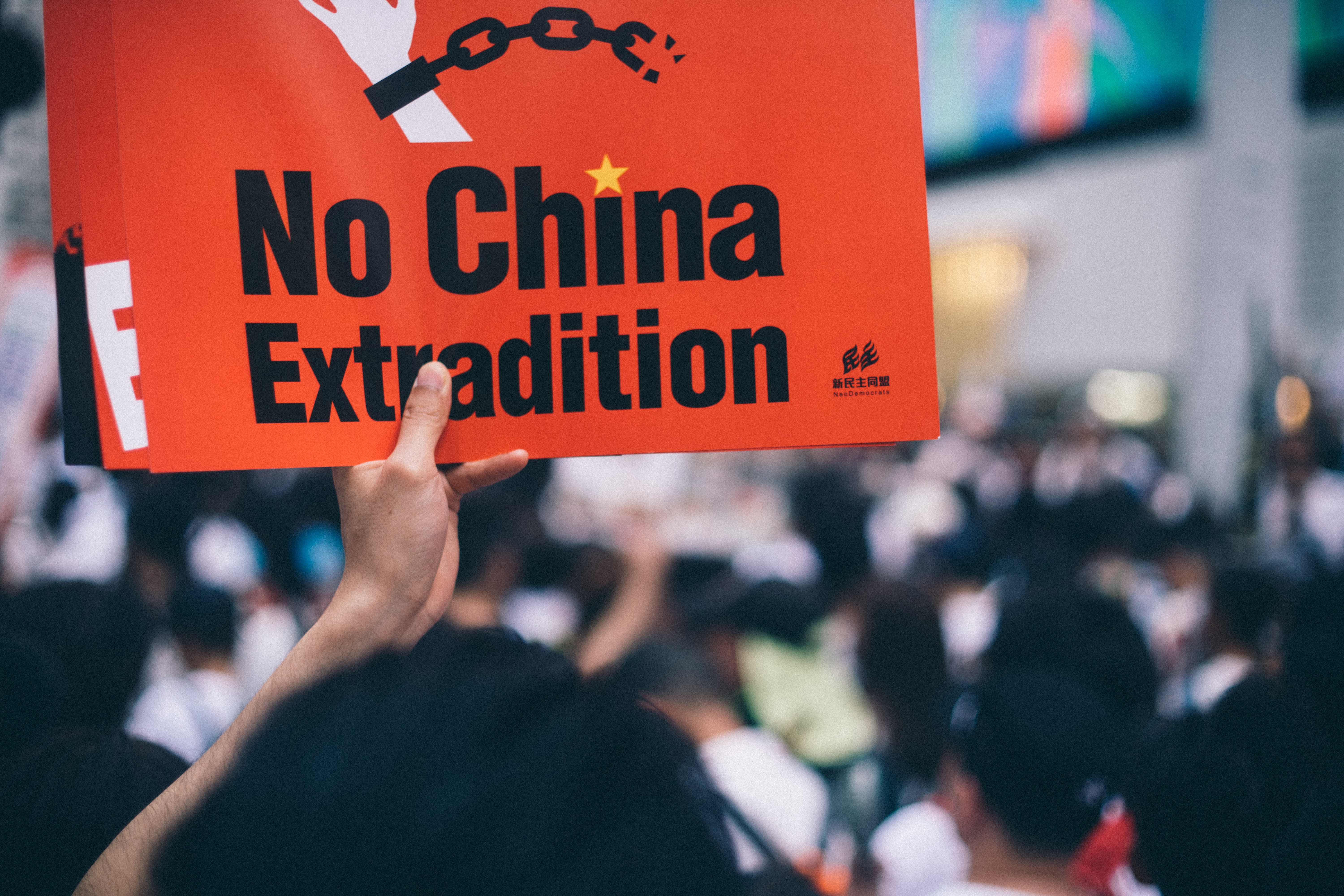
Labour’s annual Brighton conference drew an estimated 1500 protestors last Sunday. A contingent of Sussex University students joined ranks with trade union groups, anti-capitalist marchers and unemployed members of the public, who all marched from Madeira drive, past the conference centre on the seafront, and on to the Peace Statue in Hove.
The march, described as raucous and peaceful, ended with no arrests. It has been heralded as a success by Sussex Police and most groups involved in the demonstration.
Tom Wills, this years President of the University of Sussex Student Union, attended the march. Wills said It was “hard to say exactly” how many Sussex students attended the protest, but that “probably sixty” in all took part. Given that term has just started, he was “really pleased” with the turnout.
Perhaps unusually for such a large demonstration, the message given was unified and clear. The bulk of the banners, chants and speeches focused on challenging the professed need for public sector cuts in light of the growing public debt.
Nick O’Brian, of the National Union of Teachers, said on the day that “we are here to ask the government to spend money on jobs and education. We are told the recession is over and the government has solved the crisis. We have bailed the banks out but no money is coming back into education.”
This staunch opposition to cuts outside the conference was matched by the insistence of speakers within that Labour, not the Conservatives, were the party of prudent investment and not drastic service slashes.
Speeches from senior Labour party members signalled, albeit guardedly, an adherence to the assumption that government spending must go down. Jack Straw, the Secretary of State for Justice and Lord Chancellor, said in his speech “that didn’t come into politics to cut services. But for sure the taxpayer should get value for money. And sometimes that means making difficult decisions.”
Gordon Brown said that “government must and will ensure that we get value for money out of every single pound of your money that is spent.”
However, the prevailing orthodoxy in Westminster is that wide and deep cuts will need to be made, in light of growing government debt, unless taxes are raised.
On this assumed need for spending cuts, Wills said that the “Labour government has no excuse when it’s spending so much money on upgrading Trident and the war in Afghanistan, things that most people in Britain disagree with.”
An RMT (National Union of Rail, Maritime and Transport Workers) spokesperson said that significant cuts “aren’t some abstract thing that might happen in the future; cuts to transport are happening now.” The spokesperson went on to say that the proposed loss of some two and half thousand maintenance workers from Union Rail is “unbelievable”, given the spate of train disasters in the last decade.
Wills echoed this fear, saying “cuts to services, to education, are recessionary in themselves; the social impact of service cuts is massive.”
The same RMT spokesperson said that the large police presence at the protest was evidence of Labour’s “distorted priorities; they’re spending tens of thousands on trying to keep the voters away from government.”
Union and media blogs have since described a large police presence at the Sunday march.
The tactics employed by police forces during public demonstrations has been under especial scrutiny since the forces contentious handling of last April’s G20 protest. Within two weeks of the April protest, The Independent Police Complaints Commission had received 145 complaints from the public.
As timely reminder of the debacle, the CPS (Crown Prosecution Service) have begun proceedings to prosecute one officer – Sergeant Delroy Smellie – for striking a member of the public, with a press release on Monday saying that “a summons has been served on PS Smellie who will appear at City of Westminster Magistrates Court on 16th November 2009.”
Operation Otter, the program for security at the conference, had its own twitter feed giving rolling information throughout the protest. It reported no arrests, and a police spokesperson described the Sunday march as “perfect, with everyone, including the police, behaving themselves.”



You can see more photos form the day, here: http://bit.ly/ja2XW
Sorry, above is a dead link.
Try this one :’)
http://photographywithoutborders.org/2009/09/jobs-education-peace-protest-labour-party-conference-brighton/